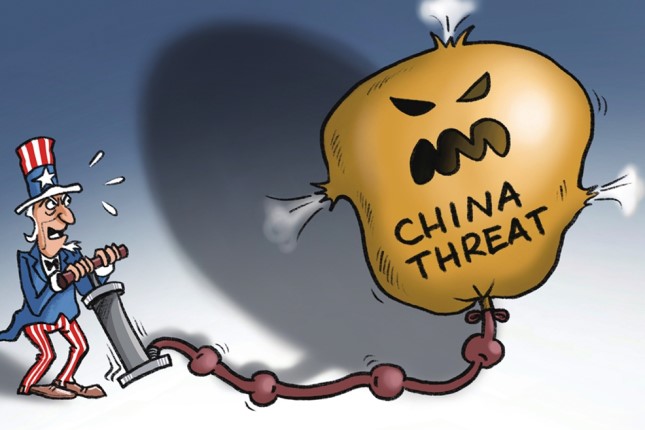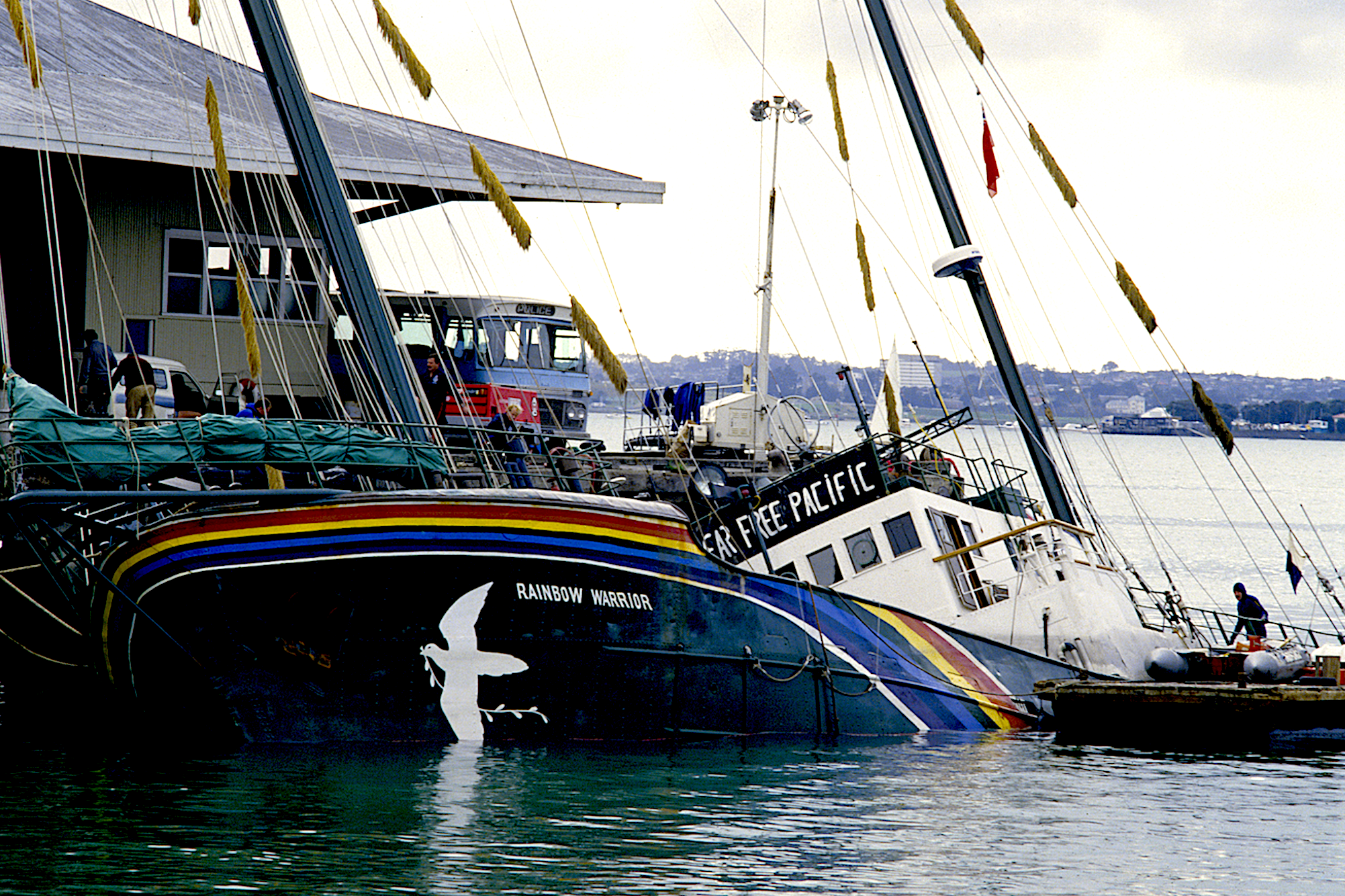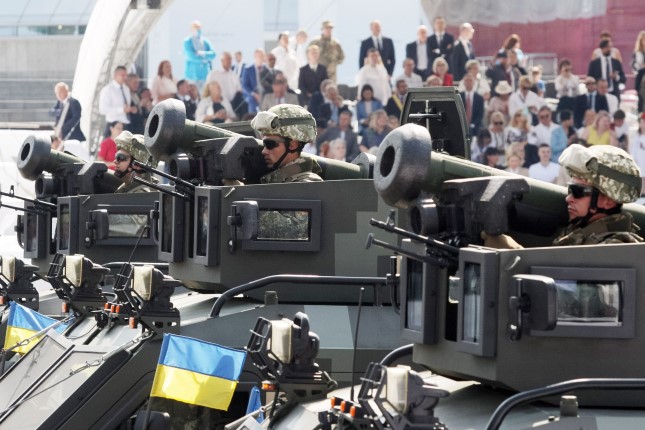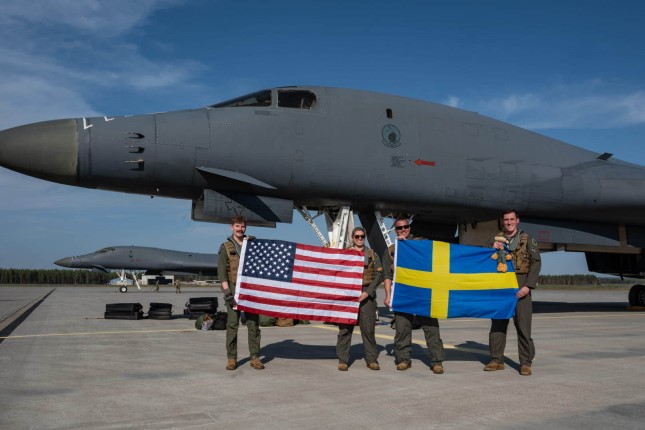For such an occurrence that could not be more routine and standard, US media, however, has made quite an effort to hype it up, portraying this normal visit as China's attempt to establish a navy outpost.
US media's sensitive radar was activated when two Chinese naval vessels sailed into the Sihanoukville Port on Sunday, or even earlier, when China-Cambodia joint exercise, Golden Dragon-2024, began on May 16.
From the military drills to the docking of naval vessels, American media's concerns have been boiling. The Associated Press pointed out, "The [Sihanoukville] port is north of the Ream Naval Base, where China has funded a broad expansion project that has been carefully watched by the United States and others over concerns it could become a new outpost for the Chinese navy on the Gulf of Thailand." Voice of America predicted that China may establish a permanent military presence in Cambodia, and worse, it claimed China is pursuing a long-term strategy to acclimate Southeast Asian countries to its progressively expanding presence.
The Ream Naval Base was once the site of some joint Cambodia-US training and naval exercises. In 2020, Cambodia demolished a US-built facility there. And a China-assisted renovation project started in 2022. Ever since, the US has been running a smearing campaign, alleging China's military expansion in Cambodia, disregarding either China or Cambodia's clarifications - China has no intention of establishing military bases overseas; Cambodia's Constitution does not allow foreign military bases to be established on its soil, but visiting ships from all nations are welcome.
The exaggerated sensationalism from US media displays a fretful, and even severely paranoid mentality. Fleet visits and joint military exercises are both routine military cooperation activities between China and Cambodia. Such interactions of this nature are merely commonplace occurrences in military diplomacy among nations globally.
An anonymous military expert told the Global Times that one of the vessels of the recent port visit is Qijiguang training ship, which suggest a major objective of this visit is for Chinese naval cadets to gain practical experience and foster cooperation and trust with the host country. It can be inferred that this visit prioritizes long-term development and relationship-building over operational cooperation. On the other hand, the Golden Dragon-2024 joint exercises focus on non-traditional security threats such as terrorism and humanitarian assistance, underscoring the multi-faceted nature of China-Cambodia military cooperation.
Beneath the surface, US true mentality is more nuanced than being paranoid. It is promoting a presumption of China's guilt - asserting that China must be expanding military just because China has the capability to do so.
Chen Xiangmiao, director of the World Navy Research Center at the National Institute for South China Sea Studies, told the Global Times that American politicians and media are fostering an atmosphere of panic and manufacturing regional tension through hyping fake news, for false narrative - China is seeking military penetration through Cambodia and potentially other regional countries. It is a tactic of the US to drive a wedge between China and ASEAN countries, amplifying regional anxiety over fabricated China's security challenges.
Simultaneously, the US is advancing its own military security agenda in Southeast Asia. Washington's true desire is for ASEAN nations to abandon military cooperation with China, rely solely on themselves, or turn to the US, Chen said.
It cannot be more obvious that the US is forming anti-China alliances with the Philippines in the South China Sea and attempting to recruit more regional countries as proxies. However, China-Cambodia cooperation demonstrates that the US' wishful intention will not have a smooth path in Southeast Asian countries. It is laid bare that the US is pleased to see proxy conflicts in the region, while China's security cooperation with Cambodia and other ASEAN nations aims to jointly maintain regional security and stability. The aims of China's regional partnerships and the US-Philippines alliance are entirely different, and China's regional cooperation is empowering the strength conducive to regional stability.
More importantly, it is necessary to emphasize that China has not established a navy base in the Ream Naval Base and this has nothing to do with whether the US allows or is unhappy about it. It is a decision made independently by China and Cambodia. In the long run, China's navy advancing into deep blue waters with more support bases is a reasonable trend, whether it is to safeguard China's interests globally or better ensure regional and world peace.
The most ironic part of American media's sensationalism lies in the fact that the US alone has about 800 overseas military bases, encircling China and other US rivals. Before hyping up concerns about China's routine military cooperation with others, the US should look in the mirror first.
Photo © Rui / GT.
Source: The Global Times.
































